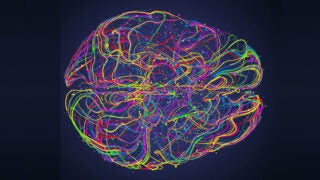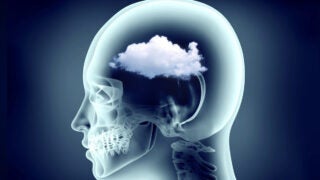Rats fed a diet full of fat and sugar in adolescence suffered memory impairment, USC researchers found. The study reinforces the important link between the gut and the brain.
Neurology
News Listing
The center will focus on research translating genetic, metabolic and molecular insights into interventions that protect those at risk before brain changes set in.
USC research shows how variants of a certain gene may disrupt early development in the brain’s cortex.
That’s troubling news for the 8 million people affected: Early diagnosis is key to delaying the onset of dementia and Alzheimer’s.
Through their donation to USC Dornsife, Roberta and Arnold Mahler aim to break down research silos, accelerate treatment progress and bring hope to patients and families.
A USC Dornsife psychology researcher compares brain images of people who are lonely with those of people who are not lonely and discovers significant differences in their brain processing patterns.
In one of the first studies of its kind, researchers from the Keck School of Medicine of USC found that everyday air pollution can alter brain development patterns in adolescents.
A USC-led study could potentially help identify people at risk for poorer post-stroke outcomes.
USC research finds that the daily lives of people in the Indigenous Tsimané and Mosetén communities resemble those of pre-industrial societies and may provide clues for preventing heart disease and cognitive decline.
The study — part of the USC-based, global ENIGMA Consortium — looks at brain aging and Alzheimer's to identify predictive markers, better understand prognoses and support personalized risk evaluations.










